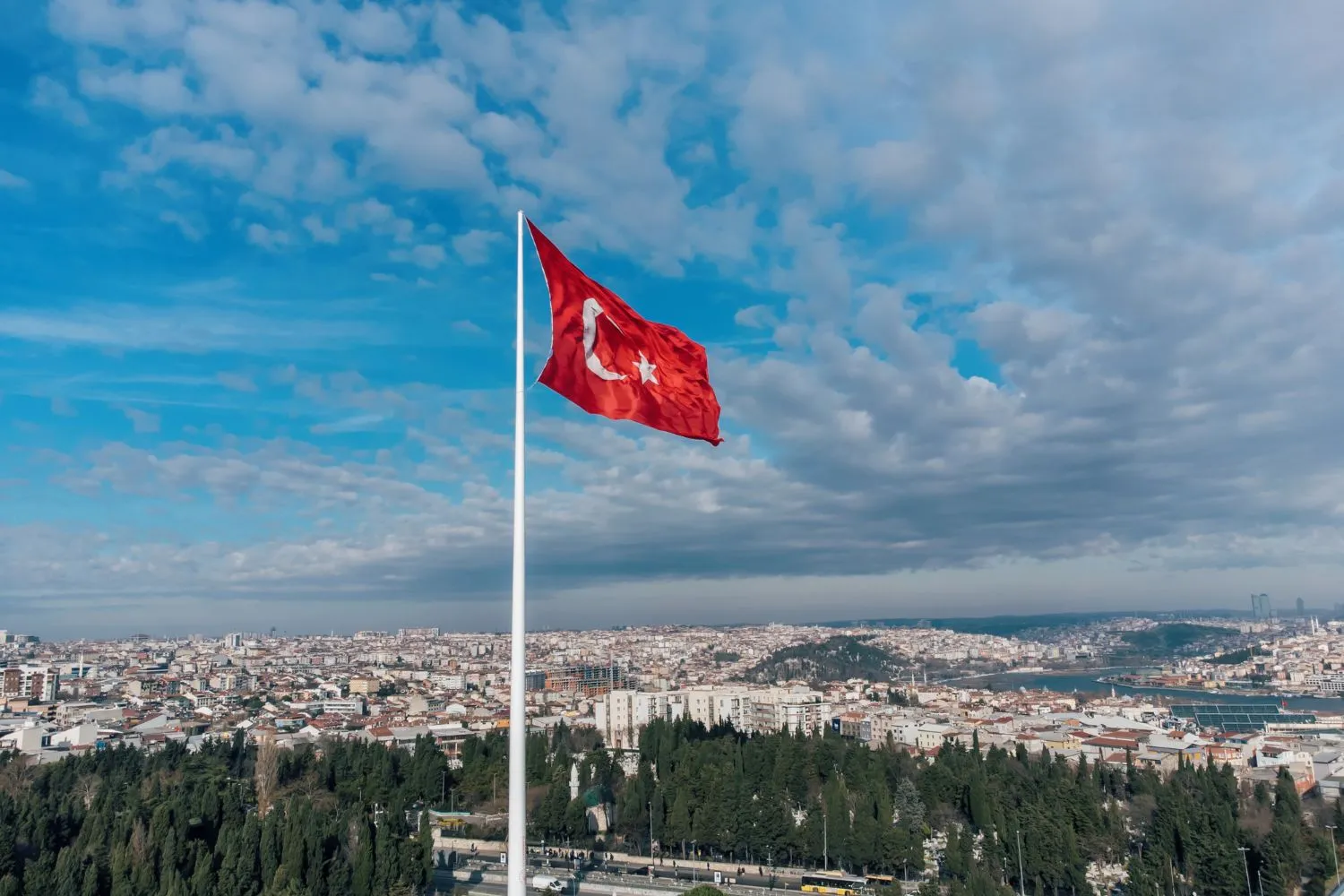Turkey’s annual inflation rate ticked up slightly in November, the state statistics agency said on Monday, showing further signs of leveling off following a series of sharp interest rate hikes.
The rate moved to 61.98 percent last month from 61.36 percent in October, the TUIK state statistics agency said.
The pace at which consumer prices are rising has started to ease after six successive months of interest rate hikes took borrowing costs to 40 percent from 8.5 percent.
Analysts are penciling in a final rate hike of 2.5 percentage points at the central bank’s next policy meeting on December 21.
They expect the policy rate to stay steady for the first of next year.
The latest batch of data shows higher borrowing costs starting to slow down consumption — a key goal of the central bank.
Turkey’s gross domestic product rose by just 0.3 percent between July and September. It had risen by 3.3 between April and June.
Signs of Turkey’s economy starting to emerge from the crisis are starting to be noticed by foreign investors who had pulled out of the market because of President Recep Tayyip Erdogan’s unpredictable past policies.
Analysts blame Erdogan for setting off the inflation spiral by forcing the nominally independent central bank to slash borrowing costs far below the rate at which prices were rising.
The official annual inflation rate peaked at 85.51 percent in October 2022.
Standard & Poor’s revised Turkey’s long-term sovereign credit rating to positive from stable last month.
“Inflation appears to have peaked, albeit at elevated levels of over 60 percent,” the ratings agency said.
But it also warned that “the policy reset will take at least two years to tame inflation”.
Turkey’s central bank expects inflation to peak in May of next year at between 70 and 75 percent.




